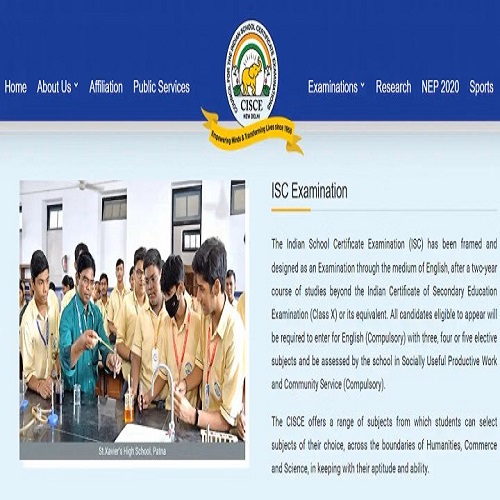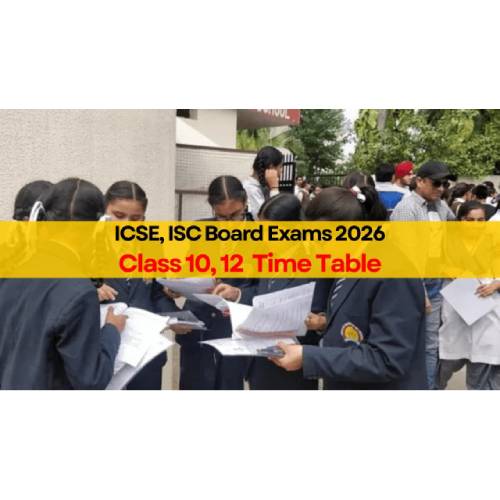Aug 10, 2025
Exclusive News: CBSE approves open-book exams for Class 9 from 2026-27

Exclusive: CBSE approves open-book exams for Class 9 from 2026-27
The Central Board of Secondary Education (CBSE) has agreed to start open-book assessments in Class 9 from the 2026-27 academic year. This decision was made after a pilot study showed that teachers support this type of assessment. The CBSE’s Governing Body, which is the highest decision-making group of the board, approved it in a meeting held in June.
As per the meeting notes, open-book assessments will be included in Class 9 as part of three pen-paper tests in each term. They will be for main subjects like languages, mathematics, science, and social science.
This step follows the National Curriculum Framework for School Education (NCFSE) 2023, based on the National Education Policy (NEP) 2020. The NCFSE mentions open-book tests as a possible way of assessing students. An open-book test allows students to use textbooks, class notes, or library books while answering questions. These tests check how well students can use the available information and apply it in different situations. The aim is to shift focus from simply remembering facts to applying and combining knowledge.
The meeting notes said that the NCFSE stresses moving away from rote learning towards skill-based learning, and open-book tests can help make this change. In December 2023, the Board had approved a pilot study on open-book assessments for Classes 9 to 12, which was first reported by The Indian Express in February 2024. The pilot checked factors like how much time it takes to complete and what students and teachers think about it.
The study results showed that student scores were between 12% and 47%, which means many had difficulty using the resources and understanding topics that connect different subjects. Even with these challenges, teachers felt positive about open-book assessments. They said it can help students think critically, but students need clear guidance on how to use reference materials and apply knowledge. The pilot used topics already in the curriculum and did not add extra reading material.
The Governing Body noted that while students faced difficulties, teachers supported the idea of open-book exams. The CBSE now plans to create standard sample papers to make sure the questions are good and help students think deeply.
A framework will also be made so schools can include open-book exams in internal Class 9 tests. This will not be compulsory, but the framework will suggest how schools can do it if they wish. Since open-book exams test higher-level thinking, schools will need to be ready for it. The goal is to reduce exam stress, encourage practical use of knowledge, and focus on understanding concepts instead of memorising facts.
CBSE has tried open-book exams before. In 2014, it introduced Open Text Based Assessment (OTBA) to reduce rote learning and help students process information. It was done in Class 9 for Hindi, English, Mathematics, Science, and Social Science, and in Class 11 final exams for Economics, Biology, and Geography. Students got the reference material four months before the exam. The Board ended it in 2017-18, saying it did not help in developing students’ critical thinking skills.


.png)
.png)








